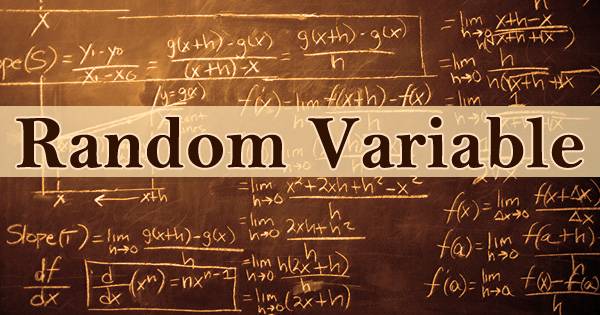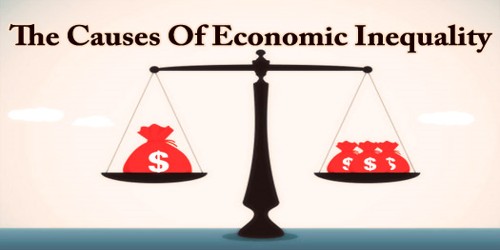Constitutional Economics is a branch of economics focusing on the economic analysis of the constitutional law of a state. It is a research program in economics and constitutionalism that has been described as explaining the choice “of alternative sets of legal-institutional-constitutional rules that constrain the choices and activities of economic and political agents”. This extends beyond the definition of “the economic analysis of constitutional law” and is distinct from explaining the choices of economic and political agents within those rules, a subject of orthodox economics. People often view this field of study as differing from more traditional forms of economics, because it focuses specifically on the ways the constitutional rules and economic policies of a state benefit and restricts the economic rights of its citizens. Instead, constitutional economics takes into account the impacts of political-economic decisions as opposed to limiting its analysis to economic relationships as functions of the dynamics of the distribution of marketable goods and services. Generally, it refers to a research program in economics and constitutionalism by applying tools of economics to constitutional matters.
The term ‘Constitutional Economics’ was introduced to define and to classify a distinct strand of research inquiry and related policy discourse in the 1970s and beyond. Constitutional economics was pioneered by the work of James M. Buchanan. He argued that “The political economist who seeks to offer normative advice, must, of necessity, concentrate on the process or structure within which political decisions are observed to be made. Existing constitutions, or structures or rules, are the subject of critical scrutiny.” The subject matter is not new or novel, and it may be argued that ‘constitutional economics’ is more closely related to the work of Adam Smith and the classical economists than its modern ‘non-constitutional’ counterpart. Constitutional economics takes into account the significant impacts of political-economic decisions.
A constitution is a set of rules that guides how a country, state, or other political organization works. Constitutional economics has been characterized as a practical approach to apply the tools of economics to constitutional matters. Constitutional economics principles are used to estimate how a country or political system will grow economically since a constitution limits what activities individuals and businesses can legally participate in. For example, a major concern of every nation is the proper allocation of available national economic and financial resources. It studies the compatibility of effective economic decisions with the existing constitutional framework and the limitations or the favorable conditions created by that framework. Because constitutional economics studies the ways legal frameworks influence and impact economic development, the field is often applied to developing countries and countries with changing political systems. The legal solution to this problem falls within the scope of constitutional economics. Another example is to study the “compatibility of effective economic decisions with the existing constitutional framework and the limitations or the favorable conditions created by that framework”. Constitutional economics broadens this research program by analyzing the choice of rules, using the established method of economics, i.e. rational choice.
















